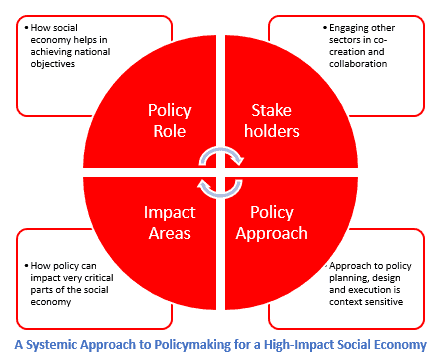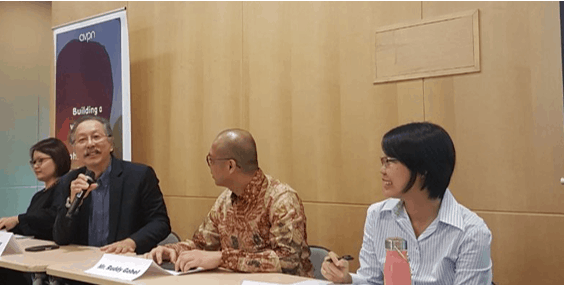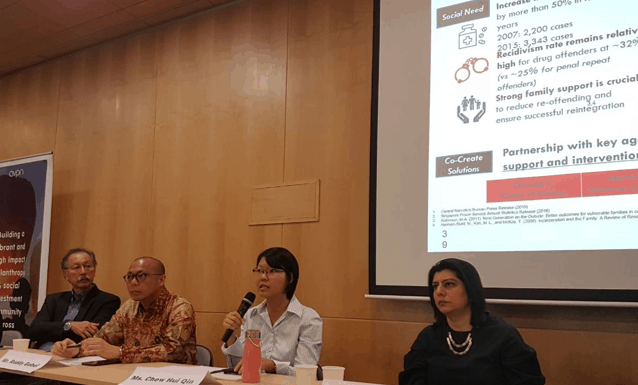4 min read
- Data accessibility is key to effective policymaking and social investment for inclusive growth.
- Data and evidence-based strategies should be used to strengthen organisational capabilities, accountability, and programme delivery.
- Cross-sector collaboration is vital to ensure the success of evidence-based impact strategies.
More than 30 policymakers and practitioners gathered at an AVPN seminar hosted by Microsoft Singapore to discuss how evidence-based policymaking and social investment can be effectively implemented to fuel inclusive growth in Asia. The seminar was organised as part of the Asia Policy Forum (APF), a convening platform for policymakers and social economy practitioners to support them in building an enabling environment for the social economy to flourish.
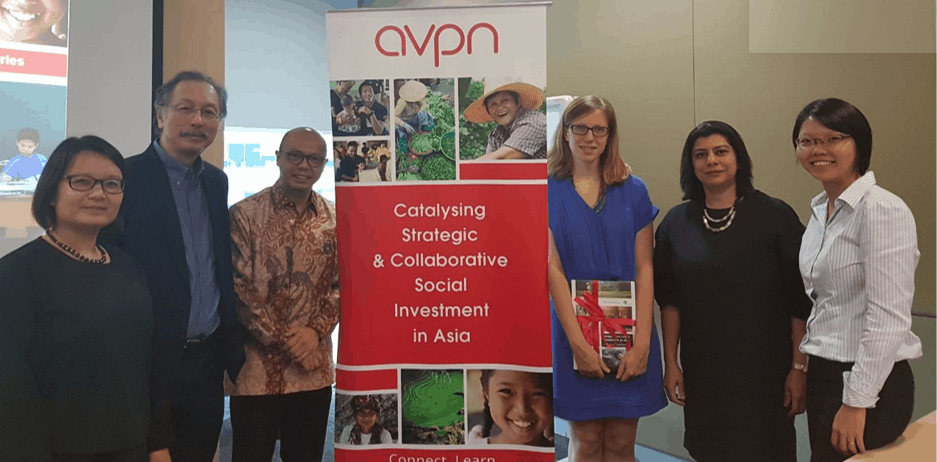
Breaking silos for collaborative inclusive growth
AVPN’s Director of APF Patsian Low kick-started the seminar by highlighting the need to frame policy in the context of the social economy.
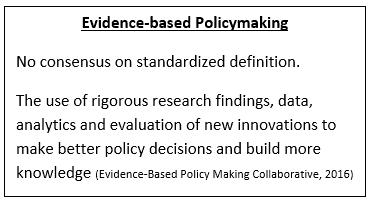
With case studies from New Zealand, South Korea, and the US, Low noted that the choice of strategies might be contextual. Challenges such as overreliance on informal networks to acquire data, lack of trust as well as capacity-related issues should be duly taken into account.
Making data available to achieve inclusivity
Common challenges faced in using data for inclusive growth include data accessibility and privacy. “Government agencies and academia should work together on a framework to share quality data”, says Associate Professor Tan Ern Ser from the National University of Singapore (NUS). “This will facilitate more informed policy research to improve social policies in Singapore, while balancing the need for privacy.” Additionally, wealth may be a better indicator of inclusivity than income in the context of Singapore, where existing data are limited to income.
Similarly, Mr Ruddy Gobel of the National Team for the Acceleration of Poverty Reduction (TNP2K), Indonesia, highlighted that his organisation was able to balance data transparency and privacy concerns by maintaining different types of data. TNP2K makes available a set of aggregated, non-identifiable data related to 96 million Indonesians belonging to the bottom 40% income strata. Stakeholders keen to implement poverty reduction programmes may peruse the data to plan their programmes and potential partnerships.
Using data to improve, not just to prove
Strengthening internal organisational capabilities, accountability, and delivery of existing social programmes are key incentives to adopt evidence-based policymaking. “While data is often used to report positive outcomes, it should not overshadow the need to use data to drive internal organizational learning and development,” cautioned Ms Chew Hui Qin of the National Council of Social Services (NCSS) Singapore.
Thus, toolkits to monitor and evaluate programme outcomes are also critical to programme delivery. Ms Rashika Ranchan of the Tote Board Singapore shared about an impact measurement toolkit designed for the Tote Board Enabling Lives Initiative – a 5-year SGD30 million grant – supporting innovative projects that improve the wellbeing of persons with disabilities and their caregivers.
Fostering partnerships in driving evidence-based social impact
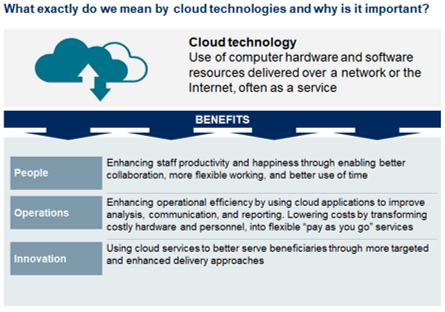
Partnership between the private, public and non-profit sectors is vital to ensure the success of evidence-based strategies for social impact. Relevant areas of collaboration include capacity building and data sharing. Dr. Daiana Beitler of Microsoft Singapore noted the enormous potential of using cloud technology to facilitate human resource development and addressing beneficiaries’ evolving needs.
From a public sector’s perspective, Mr Ruddy shared that TNP2K facilitates public-private partnership between local governments and corporates in projects such as rural electrification in Timor Tengah Selatan, West Nusa Tenggara province.
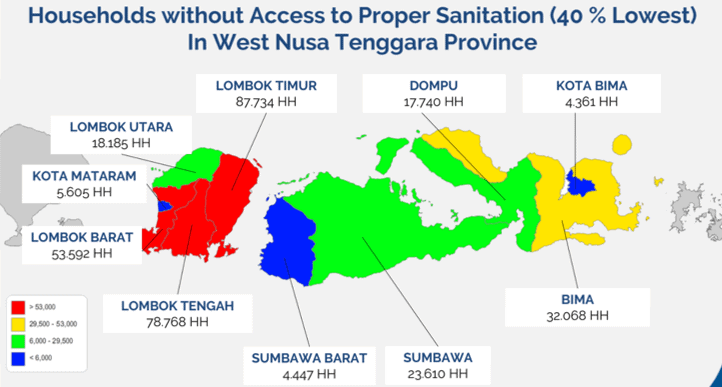
Parting words by panellist towards successful evidence-based policymaking and social investment?
- Keep things simple. Come out with simple-to-understand indicators for effective measurement.
- Focus on the ‘how’ with respect to using data. Use data for learning and improvement and not just for reporting good outcomes.
- Keep a long-term vision. Know what your organization is hoping to achieve. Collect the right data and do not collect data for the sake of doing so.
- Keep in mind both privacy and security considerations when collecting data. Comply with local regulations.
















